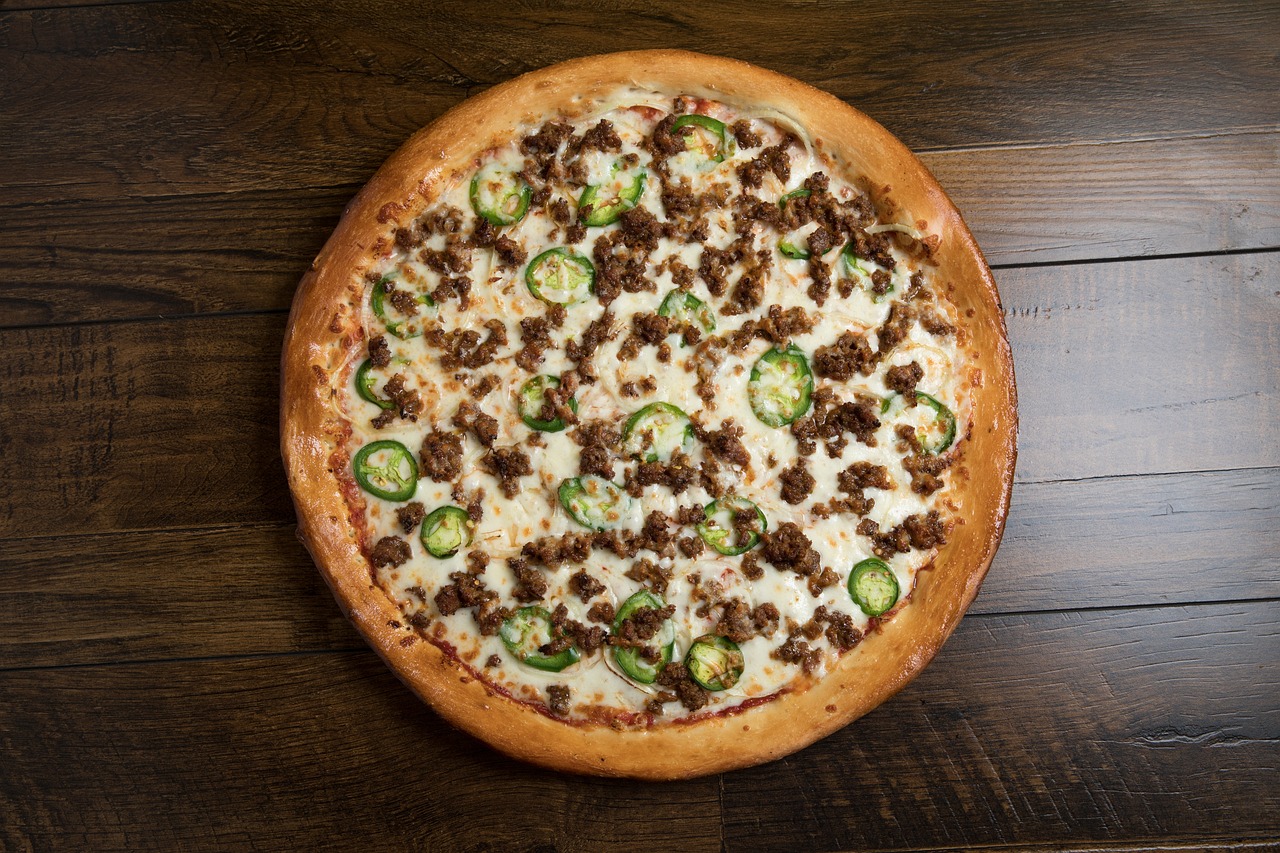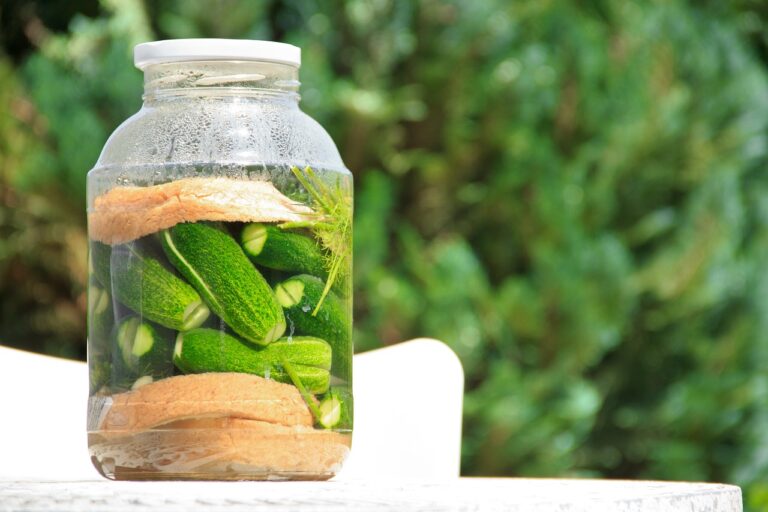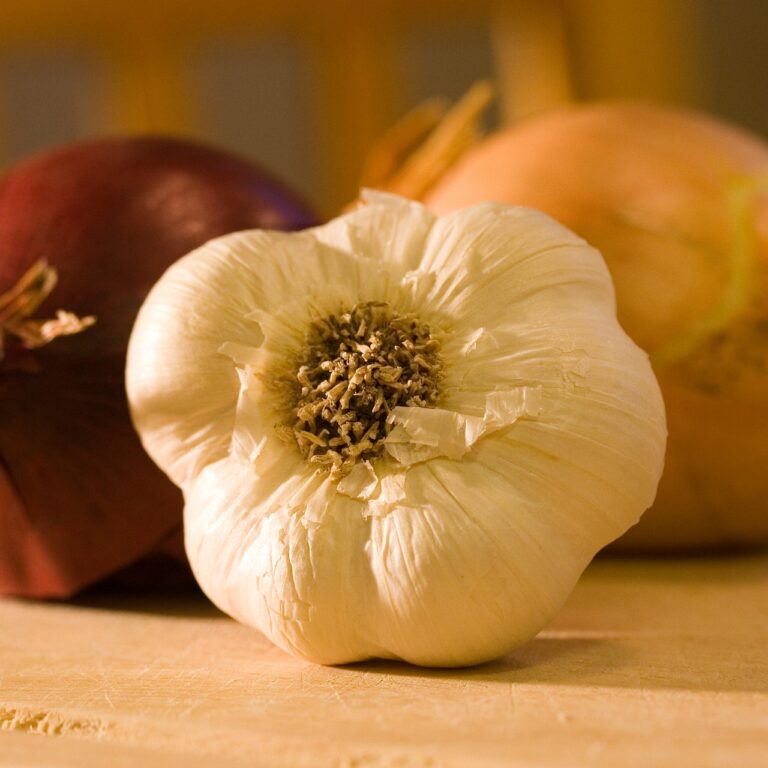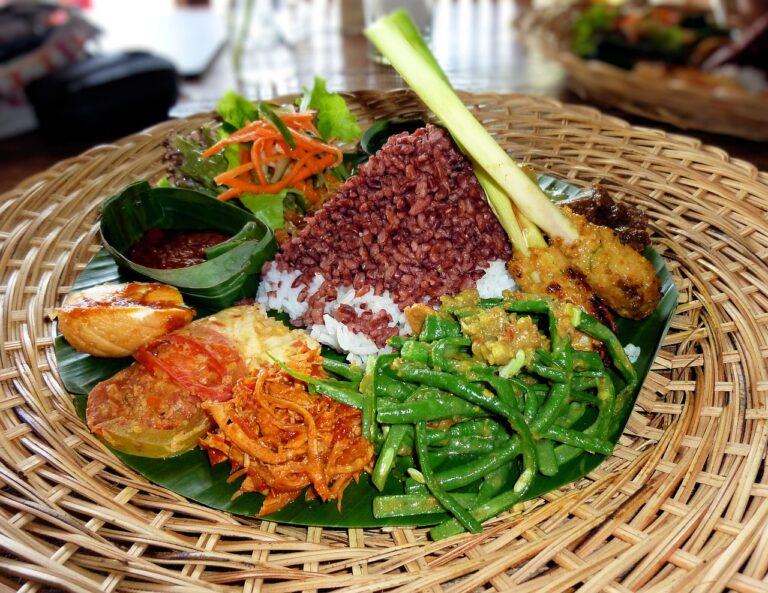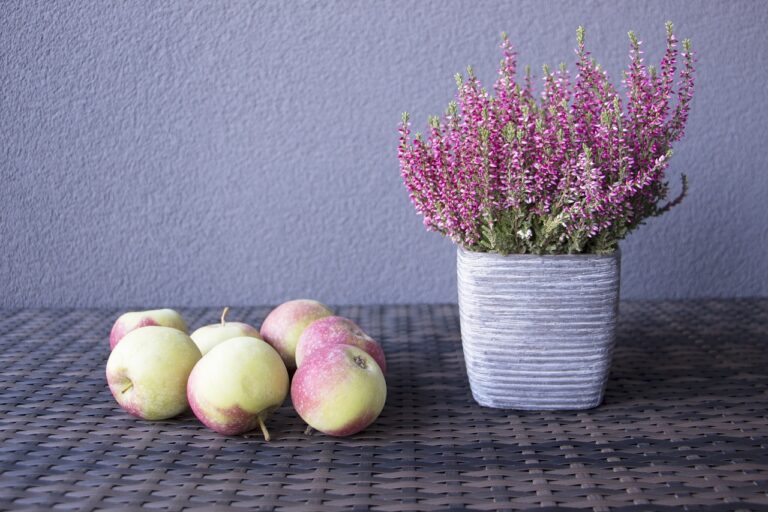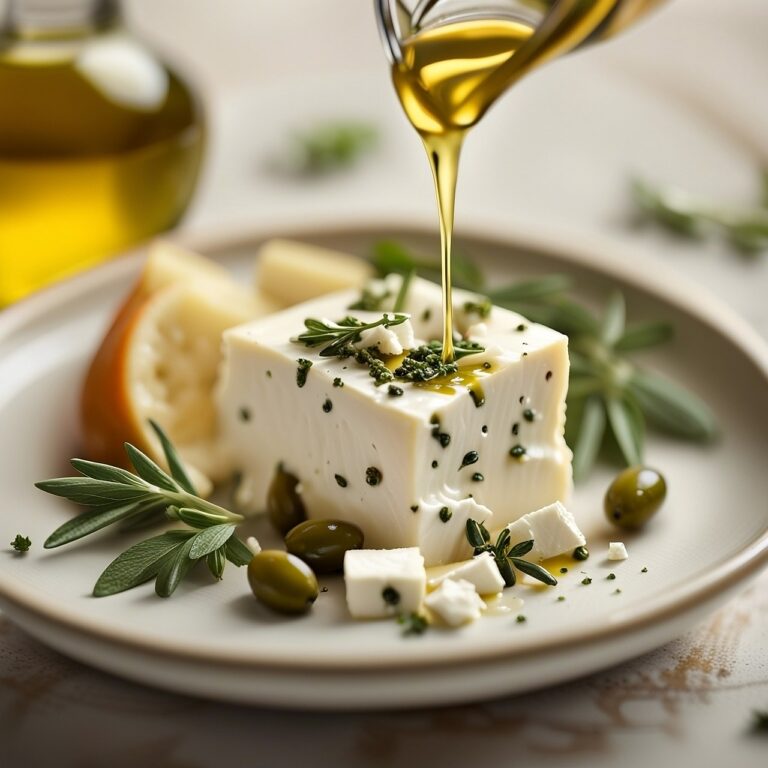The Role of Olive Oil in Ayurvedic Medicine: Bet book 250.com, Radhe exchange login, Yolo247 club login
bet book 250.com, radhe exchange login, yolo247 club login: Ayurveda, the ancient Indian system of medicine, has been gaining popularity in recent years for its holistic approach to health and wellness. One key component of Ayurvedic medicine is the use of natural oils, particularly olive oil. In this blog post, we will explore the role of olive oil in Ayurvedic medicine and how it can benefit your overall well-being.
Introduction to Ayurvedic Medicine
Ayurveda, which translates to “the science of life,” dates back over 5,000 years and is one of the world’s oldest holistic healing systems. It focuses on the balance between mind, body, and spirit to promote overall health and prevent disease. Ayurvedic medicine utilizes a variety of natural remedies, including herbs, spices, and oils, to help bring the body back into balance and restore optimal health.
The Role of Olive Oil in Ayurvedic Medicine
Olive oil, a staple in Mediterranean cuisine, has been used for centuries for its numerous health benefits. In Ayurvedic medicine, olive oil is known for its cooling and soothing properties, making it an ideal oil for Pitta dosha types who tend to have excess heat in their bodies. Olive oil is also rich in antioxidants and monounsaturated fats, which can help reduce inflammation and promote heart health.
Benefits of Olive Oil in Ayurvedic Medicine
1. Improves Digestion: Olive oil is easily digestible and can help promote healthy digestion. It can also help lubricate the digestive tract, reducing symptoms of indigestion and bloating.
2. Supports Healthy Skin: Olive oil is rich in vitamin E and other antioxidants, which can help nourish and protect the skin from damage caused by free radicals. It can also be used topically to moisturize and soothe dry skin.
3. Reduces Inflammation: The anti-inflammatory properties of olive oil can help reduce inflammation in the body, which is often the root cause of many chronic diseases.
4. Supports Heart Health: Olive oil is high in monounsaturated fats, which can help lower cholesterol levels and reduce the risk of heart disease. It also contains oleic acid, a type of fatty acid that has been shown to have numerous heart-healthy benefits.
5. Promotes Weight Loss: The healthy fats found in olive oil can help promote satiety and reduce cravings, making it a great addition to a weight loss diet.
6. Balances Pitta Dosha: Olive oil’s cooling properties make it an ideal oil for Pitta dosha types who tend to have excess heat in their bodies. It can help balance Pitta dosha and reduce symptoms of inflammation and irritation.
How to Use Olive Oil in Ayurvedic Medicine
There are many ways to incorporate olive oil into your daily routine to reap its health benefits. You can use it for cooking, salad dressings, or as a moisturizer for your skin. Additionally, you can perform self-massage, or Abhyanga, using olive oil to promote relaxation and balance in the body.
FAQs
Q: Can olive oil be used by all dosha types?
A: While olive oil is generally safe for all dosha types, it is best suited for Pitta dosha types due to its cooling properties. Kapha dosha types may want to use olive oil in moderation, as it is heavy and can increase feelings of lethargy.
Q: Is it safe to use olive oil topically on the skin?
A: Yes, olive oil is safe to use topically on the skin. It can help moisturize and protect the skin from damage caused by free radicals.
Q: How much olive oil should I consume daily for optimal health benefits?
A: It is recommended to consume 1-2 tablespoons of olive oil daily to reap its health benefits. Be sure to choose extra-virgin olive oil for the highest quality and most nutrients.
In conclusion, olive oil plays a vital role in Ayurvedic medicine for its numerous health benefits. Whether used for cooking, skincare, or self-massage, olive oil can help promote overall health and well-being. Incorporate this versatile oil into your daily routine to experience its many benefits for mind, body, and spirit.

